Are you under age 18?
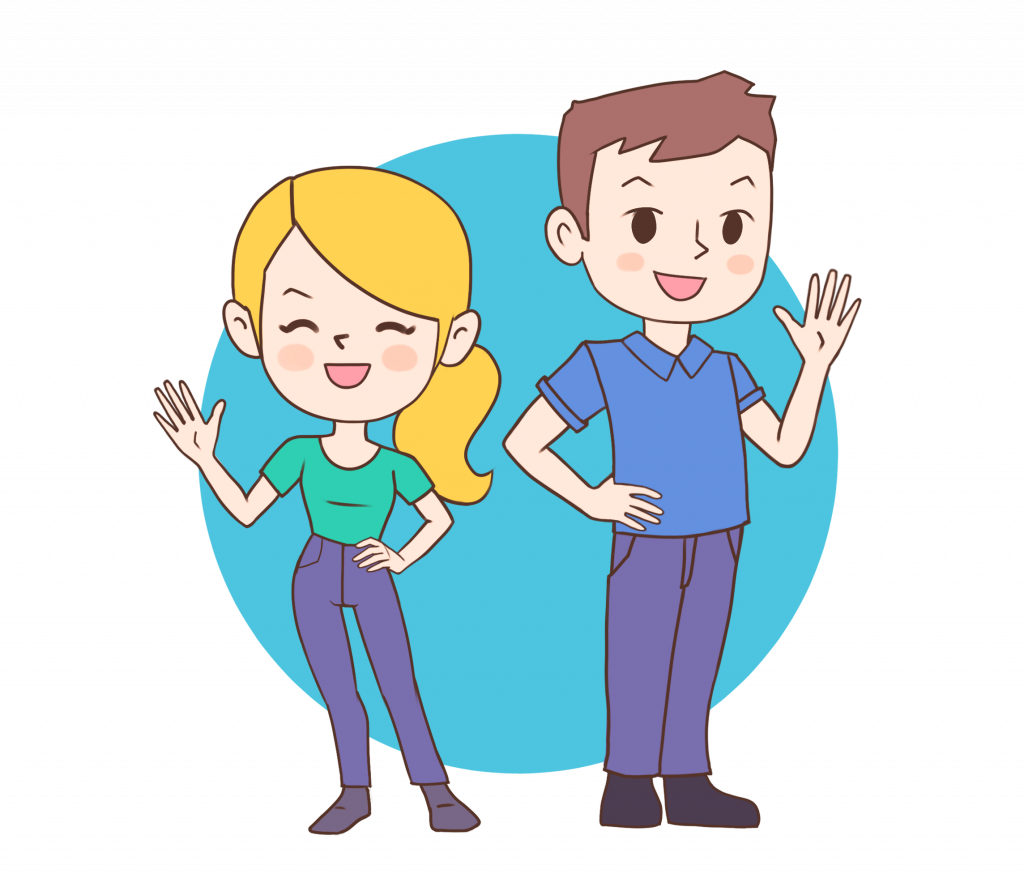
Girls and boys from Ukraine ??, welcome to Poland!
Here are some questions many children have, and some answers that can help you stay safe and know your rights

Do I have the right to stay in Poland?
You and your family are legally safe here. ? No one has the right to force you to go anywhere you do not want to go.
Children and their families fleeing from Ukraine are welcomed by all countries in the region and can stay in Poland for 90 days without a visa. you and your family will get documents that will allow you to stay for at least one year.
As a child, you also have special rights to stay with your family ?, to go to school ??, to play ??♀️, and to get help if you have been hurt ?. Your ideas and feelings matter!
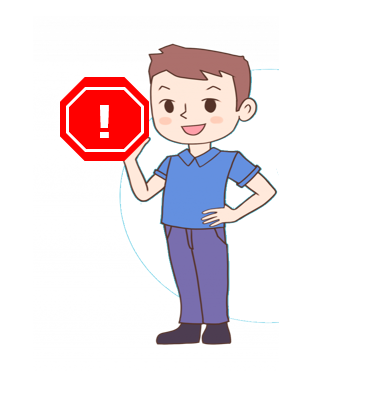
What is important for me to know? ⚠️
Keep your documents safe ?: It is very important to keep any identity documents (like an ID card or passport) in a safe place. Try to make copies of them if you can. Do not let someone take your documents away, even if they are offering to help you find housing or transportation.
Help is free to all people ?: Nobody is allowed to make you work or ask for sexual or any other favor (things or money) in exchange for help. If anyone does this, you can report them to the police or UNHCR and ask for help
Ask adults you trust to help keep you safe ? ??? ?: If a stranger offers to take you away from your family to give you something, say ‘no’ and tell an adult you trust. Never agree to meet a stranger without first talking to an adult you trust. If you are in a situation that makes you uncomfortable or unsafe, tell someone you trust and ask for help. ⚠️ REMEMBER: it is not your fault, and you are not to blame
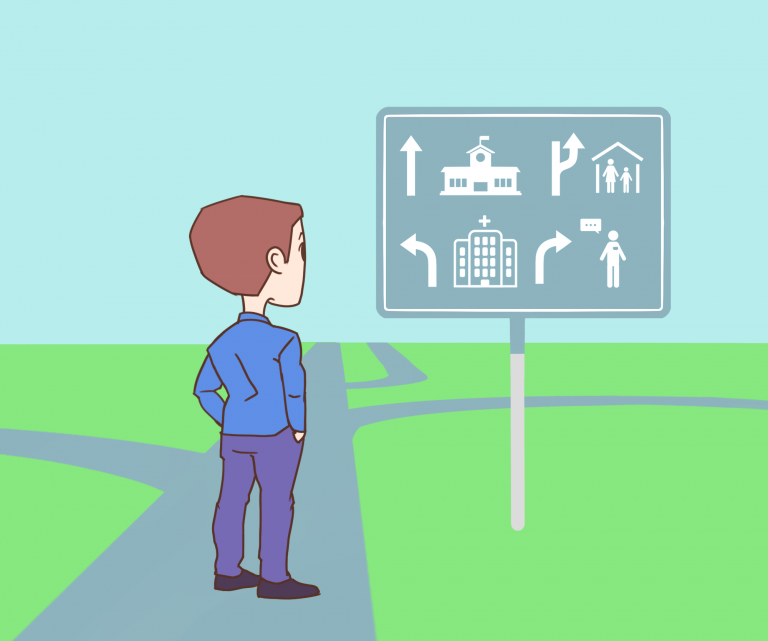
I need help – who should I ask?
Many people want to help, but it is important to know who to trust. The Polish government and many groups can help you with housing, food, transportation, healthcare, and school. You can ask Polish authorities, organizations, and people like border guards, police, social workers, psychologists, doctors, and teachers. ????⚕️ ?? Look for adults who are working with an organization: they usually wear a vest, a jacket, a hat, or carry an ID card with a logo ?. If you are not sure, you can ask to see their ID!
If you feel uncomfortable, you can say ‘no’. Remember: Do not let anyone take away your documents.
Find more information at PomagamUkrainie, ua.gov.pl ?
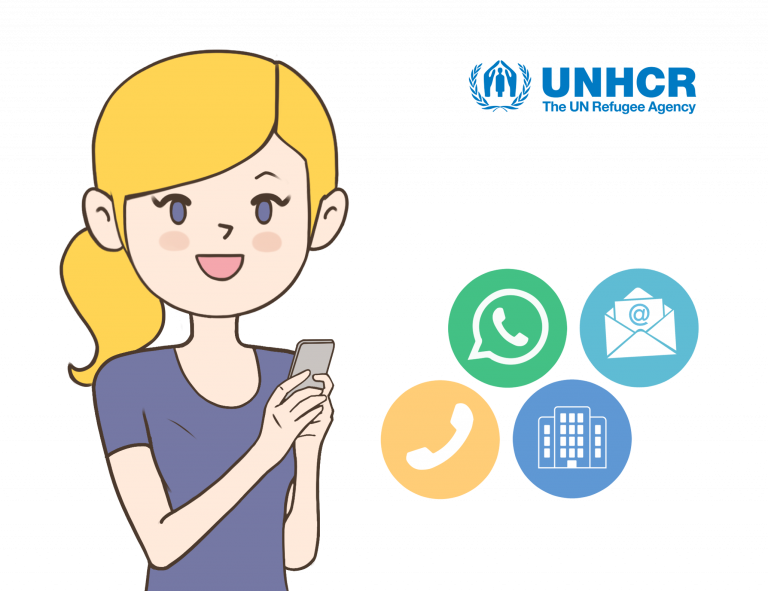
Am I allowed to contact UNHCR??
Yes! ? UNHCR is the United Nations organisation responsible for helping refugees.
If you need information or help from UNHCR, you can email us at [email protected] ? . It is a good idea to talk to your parents or a trusted adult first, but you can also contact us on your own. Make sure to tell us your name, age, phone/WhatsApp number or email address, or any other way to contact you. It is a good idea to tell us the names of your parents if they are in Poland with you. If you are not with your parents, you should also tell us that.
⚠️ If you are using a shared computer to send an email, make sure you sign out of your account when you are done.

I am in Poland with my family. ???How can I make sure we stay together and safe?
After all that you have been through, it is important to do everything you can to stay together with your parents or family. Simple things can help a lot. Try to travel together and find housing together.
- If you are in a new place: first explore it together with your family or other people you trust ?
- When you go outside: first tell a parent or someone you trust that you are leaving, where you are going, and when you are coming back.
- Always carry phone numbers of your parents or family, but be careful not to let strangers copy them or take them from you
- Know the address where you and your family are staying and share it with someone you trust
- Plan together for what to do if you are separated from your family.
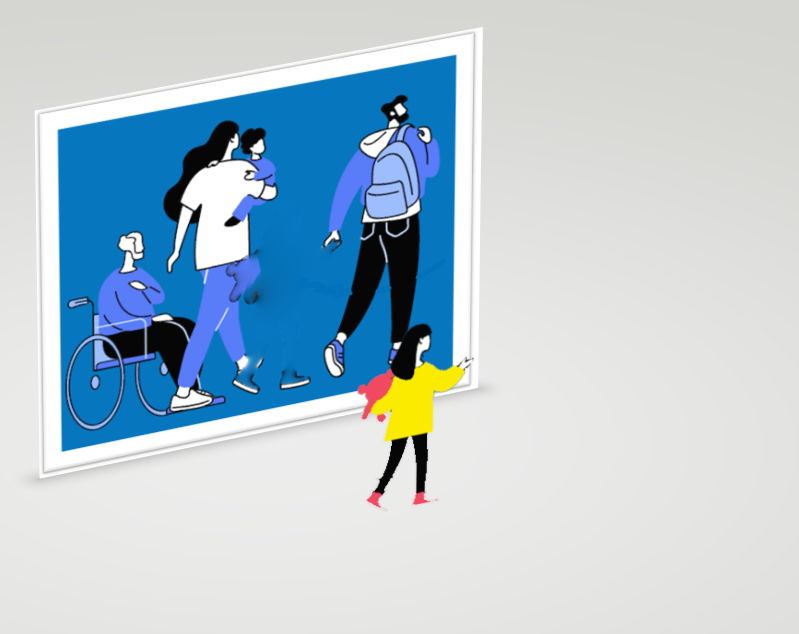
I am in Poland without my parents ?♀️ ?. What kind of help can I get?
If you cannot find or contact your parents, let UNHCR know ([email protected]) ?. We can help you try to find them and get in touch with them. The Red Cross and ICRC can also help. You can learn more here: Red Cross website. You can also contact the Red Cross at [email protected]
If you are in Poland without any adult family members, you have the right to get help and a safe place to stay. You should tell government authorities, UNHCR, or a local organisation. They will help you to stay safe.
If you are with other family members, you can stay with them. It is still important to talk to government authorities, UNHCR, or other organisations and tell them who your parents are, where you think they are, and any contact information you have.
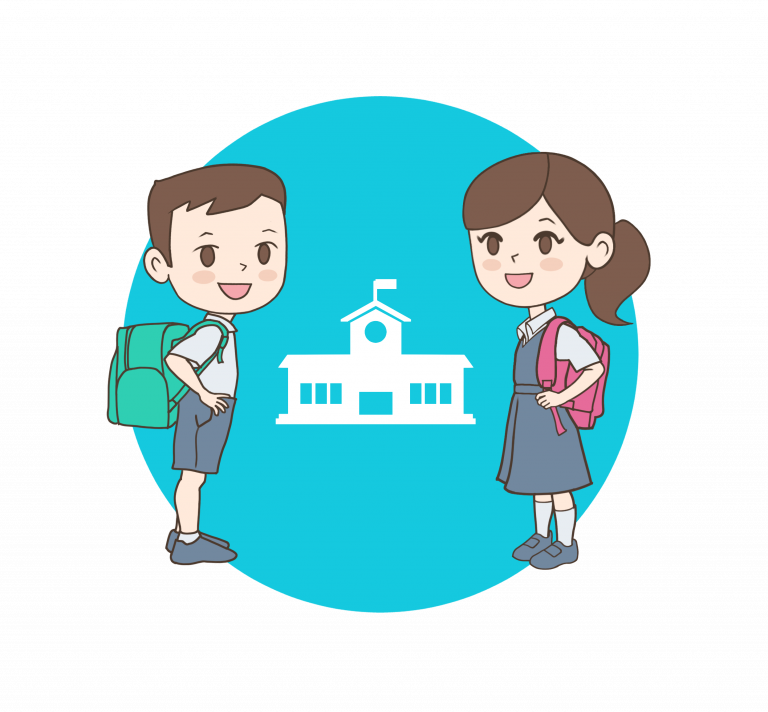
I want to go back to school as soon as possible. What should I do?
You have a right to go to school in Poland ?. You do not need any documents and you do not need to pay extra—public school is free. If you are not going to school right now, you need to register ?. Go to the closest school to where you are staying and ask.
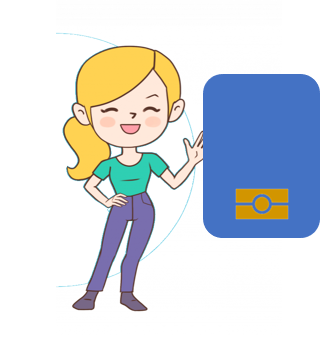
Can I travel to another country? ?
If you want to travel to other countries in the European Union without a visa (the “Schengen Area”), you will need a biometric passport. It has an icon on the front that looks like an equal sign with a dot. Before you go: try to learn about anyone traveling with you, what route you will take, the address where you will be staying, and anyone who may be there. Share that information with people you trust. Once you are in another country, you may need to register with authorities, UNHCR, or local groups to get help.
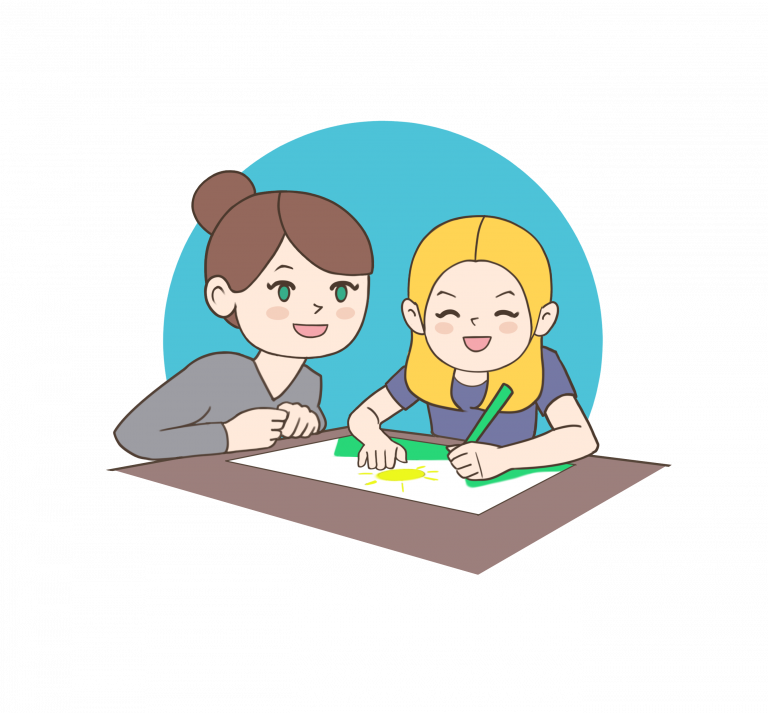
I feel sad, angry, worried, scared, or confused. Is this normal? ?? ??♂️ ??♀️ ?? ??♂️ ??♀️ ??♂️ ??♀️??♂️
It is normal to feel upset after what you have been through. It may be hard to stop thinking about what you saw or experienced. You may be separated from people you love and worried about them or about what will happen next. You may feel like nothing is familiar. Here are some simple things that may help you cope with this difficult situation:
- Try to keep a routine. Go to sleep and wake up at the same times each day ??
- Try to eat regular healthy meals ?
- Spend time with your family and friends, and do things you all enjoy ????
- Move your body: walk or exercise if you can ??♀️
- Keep in contact with family and friends. If you cannot contact them now, write letters ??
- Help others in your community ?
- Take breaks from news and avoid upsetting photos or videos ?
If you feel angry or overwhelmed:
- Take a break and focus on breathing slowly for a few minutes ?♀️
- Look for quiet or interesting things around you, like the sky, a tree, or bird sounds ?
- Talk to someone you trust about how you are feeling ?
- Ask for help from a psychologist, counselor, or doctor – many are available for free ??⚕️
You can find some helpful videos here ??♀️
Online and face-to-face psychological support group for teenagers and parents: https://poruch.me/
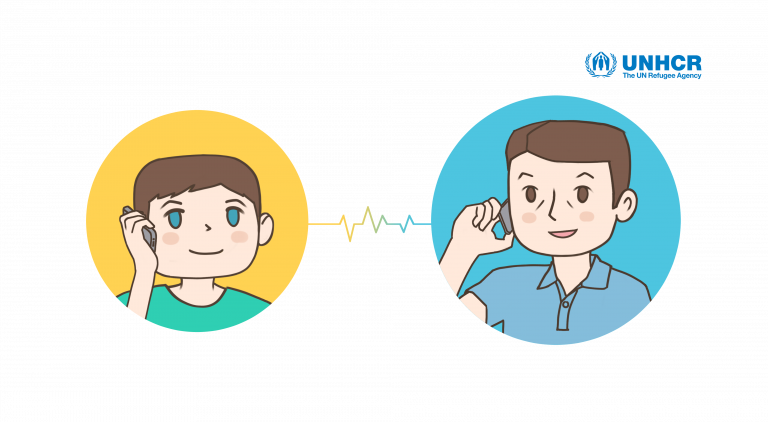
Someone has hurt me or I am afraid that someone will. What should I do?
No one has the right to abuse, neglect, or mistreat any child or your family – not strangers, not parents, not relatives, and not teachers. If someone has hurt you, touched you, or treated you in a way that makes you feel uncomfortable or scared, or if you are afraid that someone will: there are adults and organisations that can help. If someone you know has been hurt by someone, encourage them to get help. You can also make and share a secret word or phrase to use with family and friends if you feel in danger so that they know you are in trouble.
If you contact UNHCR, we will do our best to help you. ⚠️ REMEMBER: this is not your fault, and you are not to blame. You do not need to be ashamed or afraid to ask for help. If you have someone you trust, talk to them about it.
? Contact UNHCR at: [email protected]
